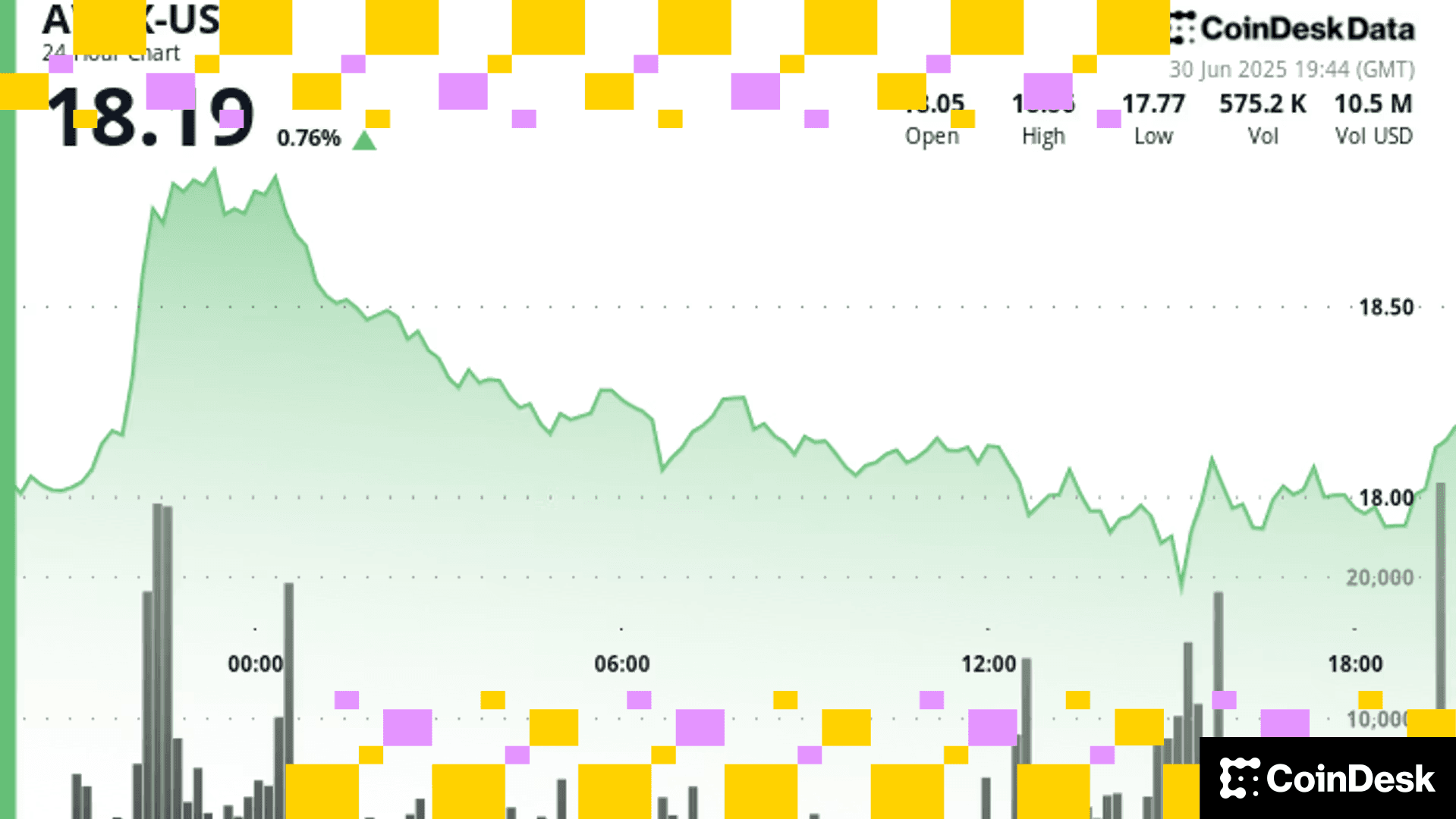UK Crypto Firms Must Now Report Sanctions Breaches, Freeze Accounts
The U.S. and European Union have also extended sanctions rules to crypto since Russia’s invasion of Ukraine gave way to heightened concerns over the use of digital assets to circumvent restrictions.

The U.K. Treasury, the government’s finance arm, wants crypto exchanges and wallet providers operating in the country to report suspected sanctions breaches to authorities, updated guidance shows.
Crypto companies must freeze assets and report them to the Office of Financial Sanctions Implementation (OFSI), an authority within the Treasury, if they suspect they are from a sanctioned entity. The guidance was updated to include “crypto assets” on Aug. 30, the Guardian reported on Sunday.
The U.K. is the latest western jurisdiction to explicitly include crypto in its sanctions rules. After Russia invaded Ukraine in February and countries worldwide imposed heavy financial sanctions on Russia, concerns arose that digital assets were being used to circumvent restrictions. Both the U.S. and the European Union have since clarified that their sanctions rules extend to crypto.
In July, Ukraine prosecutors seized about $3.39 million worth of assets at the time, which included silver, land and apartments from brokers who allegedly facilitated crypto purchases for users in Russia and Russia-occupied territories.
More For You
Exchange Review - March 2025

CoinDesk Data's monthly Exchange Review captures the key developments within the cryptocurrency exchange market. The report includes analyses that relate to exchange volumes, crypto derivatives trading, market segmentation by fees, fiat trading, and more.
What to know:
Trading activity softened in March as market uncertainty grew amid escalating tariff tensions between the U.S. and global trading partners. Centralized exchanges recorded their lowest combined trading volume since October, declining 6.24% to $6.79tn. This marked the third consecutive monthly decline across both market segments, with spot trading volume falling 14.1% to $1.98tn and derivatives trading slipping 2.56% to $4.81tn.
- Trading Volumes Decline for Third Consecutive Month: Combined spot and derivatives trading volume on centralized exchanges fell by 6.24% to $6.79tn in March 2025, reaching the lowest level since October. Both spot and derivatives markets recorded their third consecutive monthly decline, falling 14.1% and 2.56% to $1.98tn and $4.81tn respectively.
- Institutional Crypto Trading Volume on CME Falls 23.5%: In March, total derivatives trading volume on the CME exchange fell by 23.5% to $175bn, the lowest monthly volume since October 2024. CME's market share among derivatives exchanges dropped from 4.63% to 3.64%, suggesting declining institutional interest amid current macroeconomic conditions.
- Bybit Spot Market Share Slides in March: Spot trading volume on Bybit fell by 52.1% to $81.1bn in March, coinciding with decreased trading activity following the hack of the exchange's cold wallets in February. Bybit's spot market share dropped from 7.35% to 4.10%, its lowest since July 2023.
More For You











